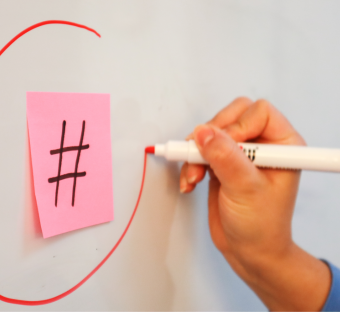January 2020 seems like an eternity ago. But three short months later we’re all here, finding ourselves in this strange new world. The way we live, socialise and work has changed over night and who knows for how long.
For those of us in office jobs or running businesses, we’re all now doing this from home. The Maybe* team is remote by design, so we're used to Zoom calls, project management systems and written banter . . but that's not the case for everyone and it can be a tough adjustment. We wanted to know how you're all getting on, what your challenges are and how your kitchen table office is impacting your productivity and more importantly, your mental health.
We listened to the conversation about #remote working across Facebook, Twitter and Instagram to find out what people are saying and what the future of “office” work might look like.










